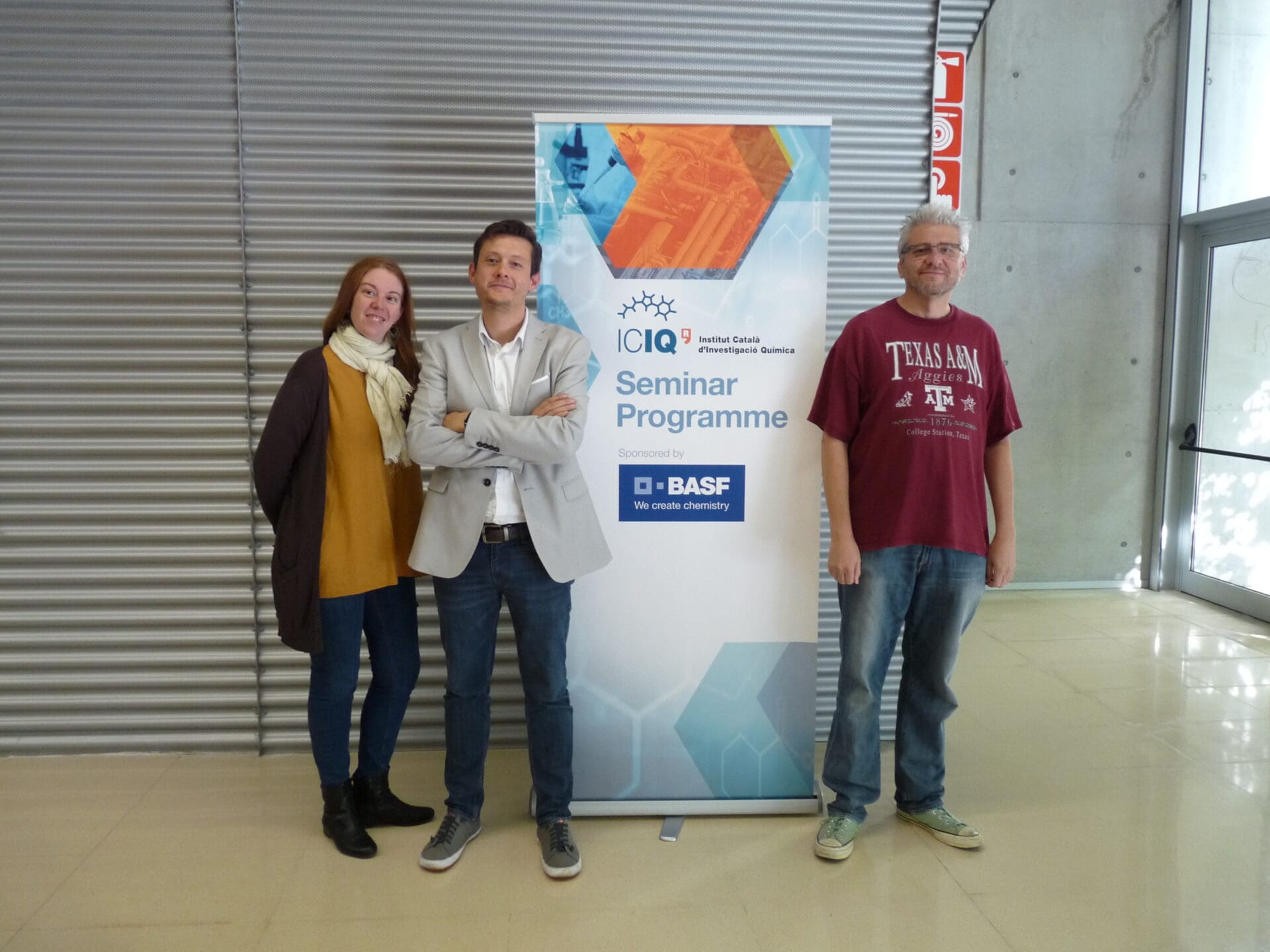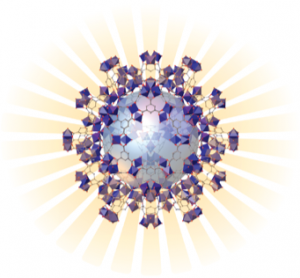
 29/10/2019
29/10/2019
 12:00 h
12:00 h
- Lecturer: Dr. Carlos Martí-Gastaldo
- University: Universitat de València (Spain)
- Sponsored by:

Charge Transport, Photoactivity and Chemical Reactivity in Metal-Organic Frameworks
Metal-Organic Frameworks (MOFs) are porous coordination polymers built from the interlinking of metal clusters and organic liners. MOFs have already demonstrated great potential in gas storage, separations, sensing and catalysis. Nowadays there is an increasing interest in developing an advanced generation of electronic and optoelectronic devices that make use of electrically active MOFs to exploit combination of electrical conductivity and porosity. However, this type of applications requires the processing of these bulk materials as high-quality nanometric thin films with exquisite control over several parameters that are required for device performance like morphology, density, crystallinity, roughness and orientation. Research involving electrically conductive MOFs is just starting to blossom, but investigation of the electrical conductivity of MOF thin films at the nanoscale (<100 nm) is still challenging due to the synthetic difficulties in producing smooth films with homogenous coverage and low roughness with nanometric accuracy. We will comment on the use of bottom-up techniques to produce homogeneous ultrathin films of MOFs with exquisite control over their nanometric thickness. Electrical properties of these ultrathin films can be then analysed in a vertical configuration by using the hanging-drop electrode technique or by integration into MOF-FET architectures for measuring lateral charge transport.
In addition to electrical conductivity, the interest of Titanium-Organic Framework for outstanding chemical stability in the context of energy conversion and chemical reactivity will be also discussed. Provided chemical robustness, Ti-MOFs are appealing materials in this regard due to the unique properties that can arise from the combination of high surface area, crystallinity, photoactivity and fine tuning of their catalytic activity. We will describe our recent results in the synthesis of new titanium organic frameworks by using high throughput methodologies. This approach permits producing porous crystals of new homo and heterometallic Ti-MOFs at high scale from multiple precursors .
Other events

Let's create a brighter future
Join our team to work with renowned researchers, tackle groundbreaking
projects and contribute to meaningful scientific advancements





















